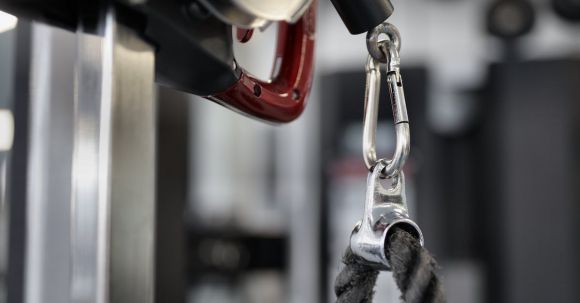The Construction Industry is a major contributor to global greenhouse gas emissions, with the biggest contributors being the fuel and electricity use of construction equipment. To reduce emissions and increase efficiency, Hybrid Construction Equipment (HCE) is becoming increasingly popular. HCE combines traditional combustion engines with electric motors, and can offer a range of advantages in terms of emissions, efficiency, and cost savings. This article will explore the benefits of HCE and its potential for reducing emissions and improving efficiency in the construction industry.
Definition of Hybrid Construction Equipment
HCE is defined as construction equipment that combines the use of an internal combustion engine and an electric motor. The internal combustion engine is used to provide the power required for operating the machine, while the electric motor is used to provide additional power or to act as an auxiliary power source. HCE is available in a variety of forms, including full-hybrid, plug-in hybrid, and mild-hybrid.
Benefits of Hybrid Construction Equipment
HCE can offer a range of advantages over traditional combustion engines, including:
- Reduced Emissions: By using both an internal combustion engine and an electric motor, HCE can significantly reduce emissions. When the electric motor is used to provide additional power, this reduces the load on the internal combustion engine, leading to a reduction in emissions.
- Improved Efficiency: HCE can be more efficient than traditional combustion engines, as the electric motor can be used to provide additional power when needed, without having to use additional fuel. This can lead to improved fuel economy and lower operating costs.
- Lower Cost: HCE can be more cost-effective than traditional combustion engines, due to the fact that they require less fuel and require less maintenance.
- Quieter Operation: HCE can be much quieter than traditional combustion engines, as they do not produce as much noise. This can be beneficial in noise-sensitive areas, such as residential areas.
- Reduced Maintenance: HCE can require less maintenance than traditional combustion engines, as they have fewer moving parts and require less servicing. This can lead to lower operating costs.
Potential for Reducing Emissions
The use of HCE can lead to a reduction in emissions, as the electric motor can be used to supplement the power of the internal combustion engine. This can reduce the load on the engine, leading to a reduction in emissions. Additionally, HCE can be more efficient than traditional combustion engines, as the electric motor can provide additional power without having to use additional fuel. This can lead to improved fuel economy and lower emissions.
Cost Savings
In addition to the potential for reducing emissions, HCE can also offer cost savings. HCE can be more cost-effective than traditional combustion engines, due to the fact that they require less fuel and require less maintenance. This can lead to lower operating costs, which can be beneficial for construction companies.
Conclusion
Hybrid Construction Equipment (HCE) can offer a range of advantages over traditional combustion engines, including reduced emissions, improved efficiency, lower cost, quieter operation, and reduced maintenance. HCE can be used to reduce emissions, as the electric motor can be used to supplement the power of the internal combustion engine, leading to improved fuel economy and lower emissions. Additionally, the use of HCE can lead to cost savings, as they require less fuel and require less maintenance. As such, HCE can be an effective tool for reducing emissions and improving efficiency in the construction industry.






